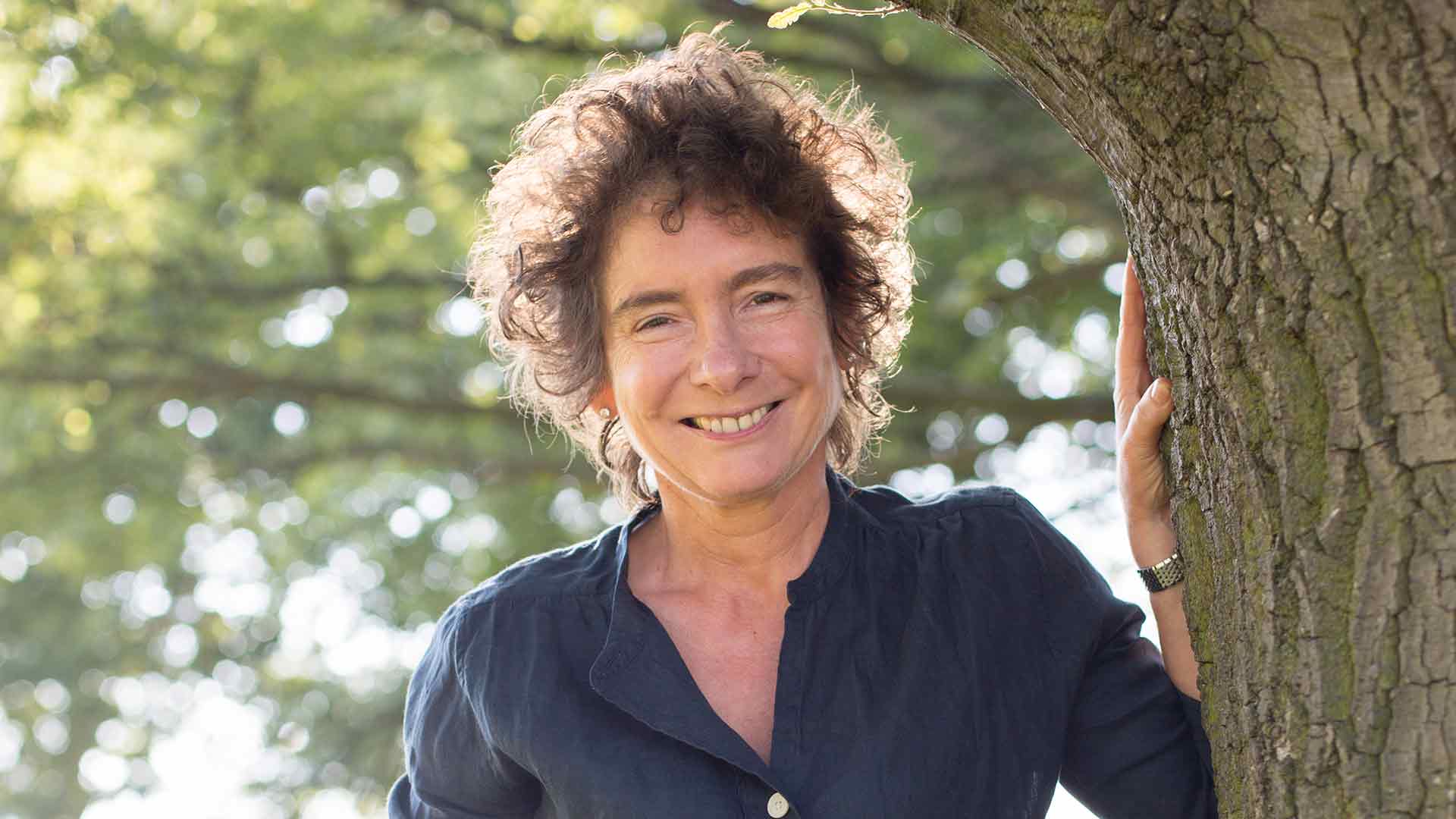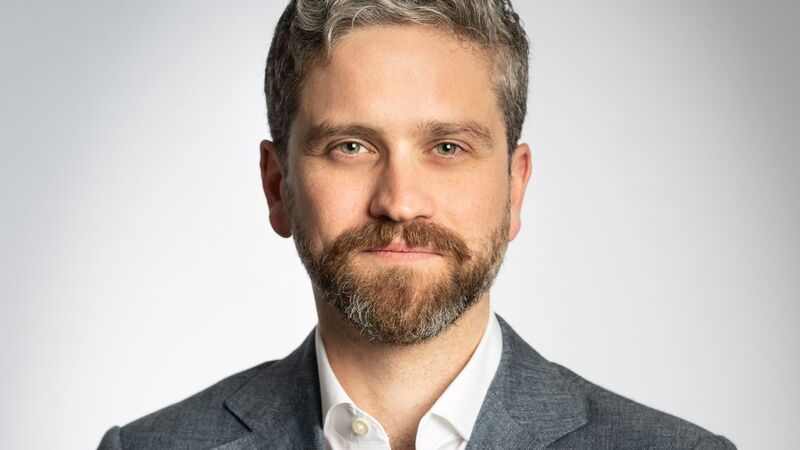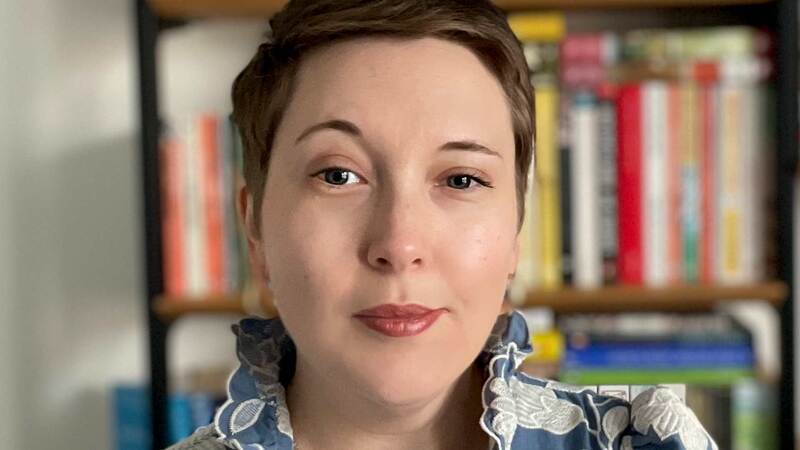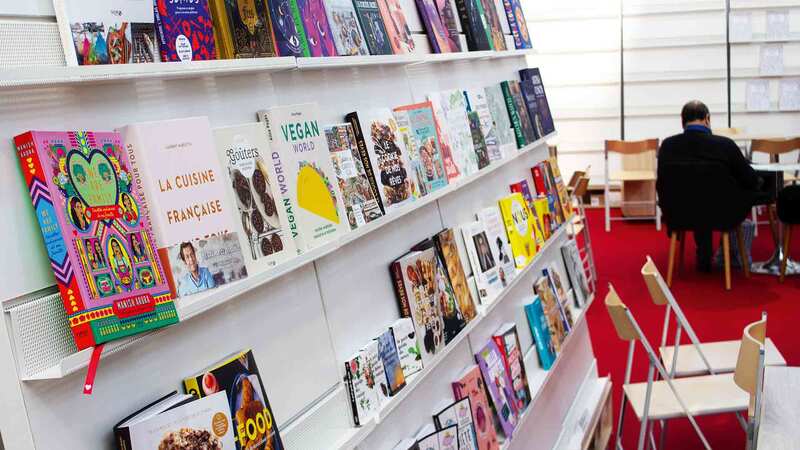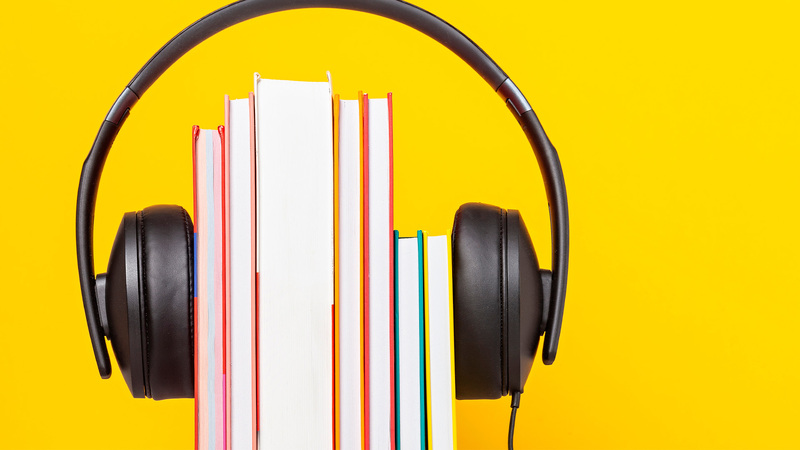You are viewing your 1 free article this month. Login to read more articles.
Jeanette Winterson hits out at UK government over AI plans, arguing books shouldn't be 'fodder for Big Tech'
Jeanette Winterson is the latest British author to urge the government to “protect the copyright of writers and artists”, arguing that books should not be “fodder for Big Tech”.
Winterson’s comments come amid the UK government’s consultation on Copyright and Artificial Intelligence (AI), in which it recommends an opt-out to an exception on text and data mining, which would allow copyrighted works to be automatically licensed for use in the training of generative AI models unless the author opts out.
Winterson told The Bookseller: “I’m asking the British government today to protect the copyright of writers and artists in this country, and to understand that what we do is not just data. It’s not just content, and it’s certainly not there for big tech to read because they can.
“In 1710 Britain became the first country to operate a copyright law under Queen Anne. Later in the 19th century, Dickens fought for copyright because, although the world changes, piracy doesn’t, and the smash and grab attitude doesn’t. And writers, creators deserve better.”
She added: “Most people don’t make a fortune out of this stuff. They do it because it is their life’s work, their mission, their passion, and they deserve to be protected. It matters. I want you to reconsider so that we become more than fodder for big tech.”
Winterson’s criticisms of the government’s proposals on AI follow those by the bestselling authors Kate Mosse, who said an “opt-out solution won’t work”, and Richard Osman, who told the Guardian using copyrighted work without permission or payment is “theft” and will “harm” the creative industries.
Continues...
Speaking from her office at the University of Manchester, Winterson said: “Forty years ago this year, I was a young person – like the young people I teach – who wanted to get her first novel published. Oranges Are Not The Only Fruit went on to become a BAFTA Award-winning BBC drama. That novel, and all the work since then, is still published all over the world, helping people to understand themselves, to find their way, to find their own creativity, to explore who they are.”
She added: “If you want to protect polar bears, you don’t put them in the zoo. You just look after the ice floes around them, make sure that they can live. And that’s all writers and artists want: a way to live, a way to make a living. And we can’t do that if everything is raided and taken away. It’s not up to big tech to tell us what’s content, what’s creativity and to whom it belongs."
Last week the House of Lords voted against the government to add provisions to the Data Bill that – as opposed to weakening copyright law as the government proposes to do – would make the existing copyright framework enforceable in order to protect creators. The amendments passed by 145 to 126, despite Labour whipping against and the Tories whipping to abstain.
Next week, the Bill heads to the House of Commons for its second reading. Meanwhile, the consultation on the government’s AI proposals closes on the 25th February 2025.
The newly formed Creative Rights in AI Coalition is leading a response by the creative industries. Its 30+ members include trade bodies such as the Publishers Association, Society of Authors, Publishers’ Licensing Services, Independent Publishers Guild, Authors’ Licensing and Collecting Society, Association of Authors’ Agents, European Publishers Council, Association of Illustrators, and Chartered Institute of Library and Information Professionals.
In January, Nicola Solomon, a special adviser and former chair of the Creators’ Rights Alliance (CRA), and the former chief executive of the Society of Authors (SoA), warned that the UK government is being “beguiled by big tech” into “giving away” authors’ work to train generative AI.





